
Connecting the Dots: 5 Things the Adoptee in Me Does Exceptionally Well
This is the second article in a series I call “Connecting the dots”. I have said many times, a large part of my life growing up I felt so confused. The confusion lead to guilt, as I felt that because I could not understand my own behavior, there must be something wrong with me. Over the past few years, I have been able to go back and see myself, my own thoughts, and my behavior through the lens of early childhood trauma, and it explains a lot. It gives me the map I was missing before, and I am able to make sense of and see that there has never been anything wrong with me. I have been the way I am because of the things I have been through. And that gives me the power to choose how to move forward. I hope this article might offer some support, validation, and hope to fellow adoptees reading it.
Find the first article in this series here “Out of the Fog – Connecting the Dots About How Adoption has Affected Me”
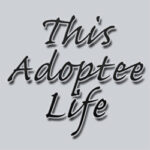
“Tomorrow, I have surgery, so I’ll need some time off”, I told a friend a couple of weeks ago. We were text messaging about new workout routines and goals, and I said it much like you would announce your plan to go shopping the next day. My friend wrote back in all caps “WHAT SURGERY???”. I had failed to make any mention of this event in any of our almost daily communication.
I had planned on attending a full day event the day before, and possibly hosting an event the day after. I came to my senses within the last few days and canceled one and postponed the other. After the all caps reaction from my friend, I paused for a second and thought about why I did not want to mention, let alone make any fuss, about having surgery.
I came to the conclusion that the adoptee in me has learned throughout life to do certain things exceptionally well. I will outline and dig into 5 of them here in this article.
- Minimizing my own experience
This can be anything from growing up thinking that I could not talk about my feelings, to not mentioning to my friend that I have surgery coming up, as if neither matters enough to mention. I have also heard fellow adoptees brush aside things like finding out some “small” detail about their story as not being a big deal. For example, finding out what your real birthday is, finding a name of someone related to you, that you didn’t have before, and now you do is a huge deal. Yet, I have heard adoptees almost apologize or make it sound like they realize it’s not a big deal to others, so it shouldn’t be to them. Minimizing my own experience used to be me telling you I was doing fine being an adoptee (when I was really confused and guilt ridden on the inside).
But to recognise the enormousness of the situation, of my feelings and of my experience seemed too dangerous, so instead I boxed it all into a neat smile. I found the right words to say that seemed to calm people’s curiosity and let me continue without having to confront my own feelings about any of it. While I have worked through a lot today, while I have confronted pretty much the entire experience of being an adoptee (save search and reunion), and while I know the enormousness of my experience, on every level, even today, this tendency to minimizing prevails.
- Being hyper aware of my own interpretation of other people’s perception of me
The key phrase here is “my own interpretation”. It is basically all in my head. I used to feel extremely uncomfortable around new people unless I felt a vibe or click between us right away. If two seconds into our conversation, I didn’t feel like you and I were matching energies, I started feeling extremely inadequate. I would constantly be analyzing a social interaction, and “read” the other person’s body language, facial expressions and demeanor, to make instant and almost subconscious judgments. I would then internalize these as having to do with me. That was aboslutley exhausting! It was a never ending back and forth within my own head, sometimes to the point of not being able to even focus on the actual conversation.
But the idea of just being myself was foreign, as I didn’t really know who I was yet. And because I had always done this, it felt natural. It is only since I have worked on myself, to the point of being able to BE myself, in any situation, with anyone, that I realize it is not something I should have had to do. It was my trauma speaking. Most of us do keep track of how other people react to us, in some way and on some level, but not to the extreme that I was, for most of my life. But again, to me, it seemed normal at the time, and that brings us to the next point.
- Normalizing things that are actually not normal at all
Losing you family as a child is not normal. Being taken to a country with no cultural resemblance to yours is not normal. Being placed to grow up around strangers, who you may or may not be able to feel a connection to at some point in your life, is not normal. Yet, for myself, and many adoptees, we are able to tell ourselves it is. That we are fine. And that if we are not fine, then somehow there’s something wrong with us. Being gaslit into gratitude is not normal. But, that is what many of us grow up with, and that is what we learn to do. If we aren’t allowed the room to speak about our true feelings, we learn that what is not normal can be normalized. Even if it doesn’t serve us.
But, it keeps us safe. It promises us a false sense of belonging and it assures that we will not be rejected, outcast or dismissed. Because, to me as an adoptee, whose existence felt validated through the narrative of others, the recognition of others and the acceptance of others, the risk of being abadoned would feel like an equal to death. Therefore, the mask stayed on, and I learned to play my part, follow the script and speak my lines.
- Internally taking on responsibility for any situation
On a logical level I know that I am not singelhandedly responsible for the outcomem nor the emotional state of others, in every single situation that I am in. But the trauma oftentimes tells me differently. This causes me to feel extremely nervous about situations I can not predict. On the one hand, this causes me to work in overdrive to make sure there is nothing for others to complain about (be inconvenienced by). And, on the other extreme it keeps me from giving my all, because if my efforts are rejected, there is still room for me to improve (which somehow translated to not having been fully rejected) The latter is also why I am not competitive at all. Situations where this feeling of responsibility shows up can range from choosing a movie for family movie night, to vacation destination or the difficulty to push for something I want to do, when feeling resistance from those around me. I cannot even count the amount of times I have folded in an argument, in a discussion or just conversation.
The idea of potential conflict used to seem absolutely life threatening to me, because internally I was shouldering the full responsibility of the outcome for both of us, from our interaction, regardless if I could in reality control it at all or not. Every bit of any situation I was present in, somehow would become a reflection of me, and I would be convinced that if things did not go well, I would be to blame for it. Makes no sense, but that was my inner reality for much of my life. And it dawned on me just the other day that I still have more work to do with this.
- Avoiding the idea of vulnerability
With all of the above in mind, I think I didn’t make a fuss about, or even mention, my surgery because the adoptee in me still doesn’t feel fully comfortable with the sense of vulnerability that comes with a) having a reason to need surgery (something is wrong with me), b) the idea of helplessness in having surgery (I am completely exposed and have to fully trust another human being) , and c) the risk of needing help from others as a consequence (the risk of being a burden to someone is one of the most difficult things to deal with). I know of many adoptees who speak of a wall, a high wall, behind which they feel safe. I have long been one of them myself. And in many instances find that I still am. Vulnerability feels really really scary to someone who fears rejection and abandonment on the most basic level – that of survival – as it feels like the acceptance of our very existence depends on it.
The difference between the person writing this piece today, and the person I was for most of my life, especially before unpacking and processing my early childhood trauma, my abandonment fear and how the displacement of adoption has affected me (aka coming out of the fog), is that the former me would have felt broken, confused and burdened by guilt in the face of all these emotions and insights.
On the contrary, the person I am today, can look at my own behavior, almost from a 3rd person perspective and say, “Interesting, let’s find out why that is.”
But, in order to get here, I have had to work through a lot. I have had to let go of a lot. I have had to accept a lot. I have had to process a lot. I have had to build a safe space within myself, which has allowed me to explore myself, and get to know myself as a completely new person, the real me.
I have had to pull from courage I didn’t know I have, in order to prove to myself that I can overcome and change my behavior, once I understand it and know where it comes from.
And with new behavior and new ways to approach different situations, I am writing a new narrative for myself.
And THAT is what allows me to extend grace and love to the person I was, love the person I am, and keep working towards the person I am becoming.
And still, I find myself having to pause sometimes, to remind myself that my fear is not always right, and that while my fear is my friend in trying to keep me safe (that’s a topic for another blog post), there are times I have to say “Thank you fear, for showing up and trying to keep me safe, but I got this!”
For my fellow adoptees, I would love to hear if this resonates with you. Leave a comment to let me know. Leave a comment to let others know that they are not alone. I believe a lot our struggle is due to feeling like we carry it all alone, with no one who can understand, validate or comfort us.
One thing sharing my story has taught me, is that I am far from alone.
And so are you who is reading this. And the only way we will know, is by speaking about these things.

To all my fellow adoptees,
PS. We are all in this together.
I send you love, compassion and appreciation, ALWAYS!
Xo
Amanda
Amanda Medina
About Us
This Adoptee Life is a place where adoptees can explore their story, share their experience, and express what they’ve lived through—supported by a community that understands.

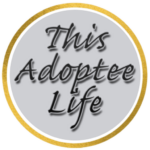


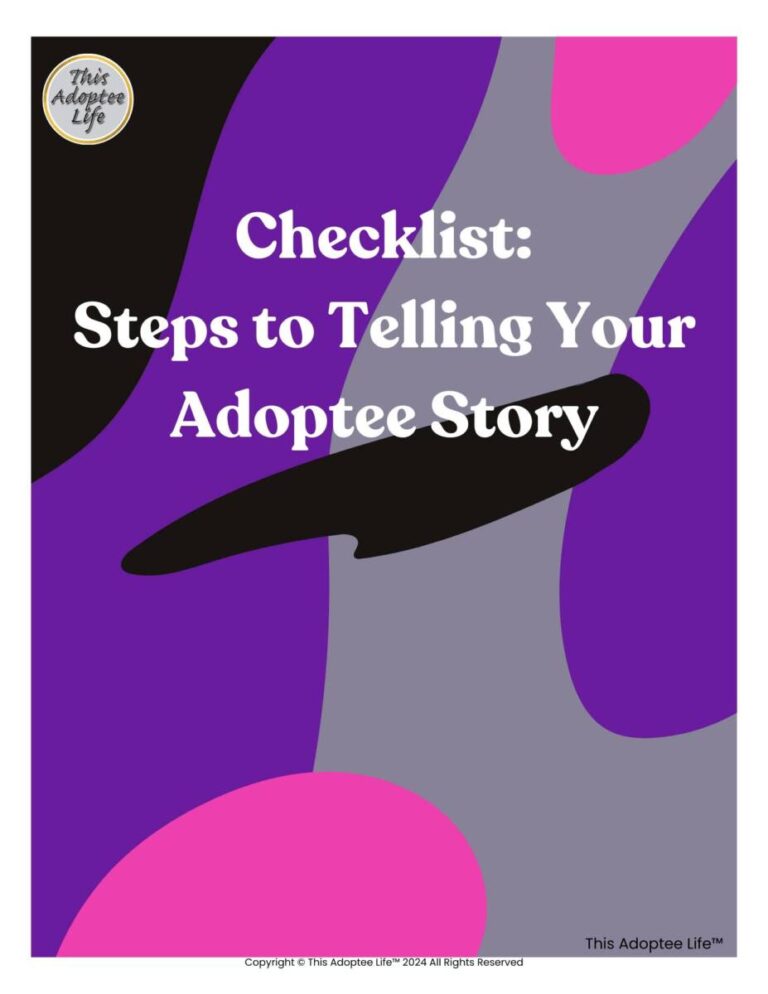
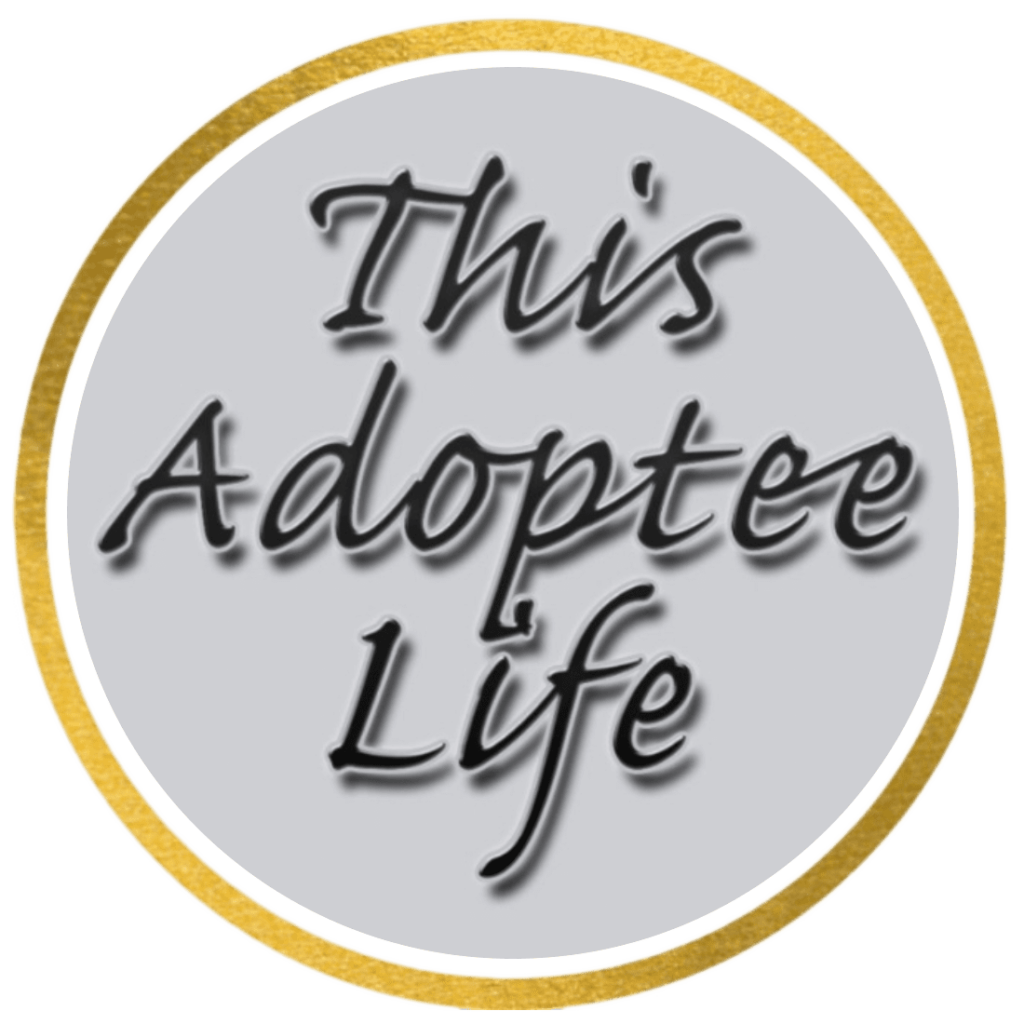
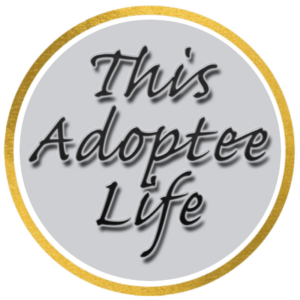
4 thoughts on “Connecting the Dots: 5 Things the Adoptee in Me Does Exceptionally Well”
This resonates with me so much. Thank you for putting it in paper, it’s so helpful to know where these complex behaviors come from. Also, it helps to know we are not alone.
Thank you so much for sharing this in response. Hearing from fellow adoptees who find what I write about helpful keeps me going 🙂 Sending you Love & Blessings, Always!
This is me in a nutshell!!!! You’ve penned the feelings to the words or the other way around! Amanda! I read the whole article just nodding along saying Yes Sister! Thank you
Everything you wrote here is me. No one has ever understood any of these feelings. I am an adopted twin. Double wammies. We couldn’t individualize because we were the “twins who were adopted”. It has affected me negatively my whole life. Being adopted created a “not wanted” attitude, no matter what our adopted parents and friends told us. (you should be grateful, they gave you a great life, you can be given back at any time…) We didn’t look like the family. We didn’t think like the family. Never. Insecure doesn’t even begin to cover it. No matter how professionally successful I was, it was always “less than”. I am 62 and starting again.
Thank you for your words.